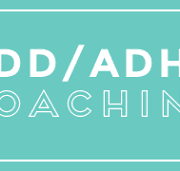Tag Archive for: Individual Coaching
Coaching Can Improve Performance
Psychologists review why people “choke” under pressure. We know that preparing and practicing for high-stress situations can improve performance. Coaching is a good way to do this.





